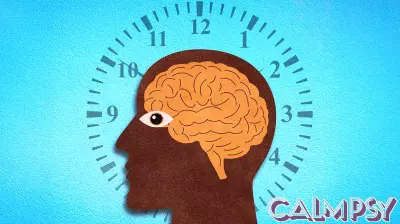The Profound Impact of Music on Memory
December 23, 2024 - 02:44

Music has more power on the brain than we ever realized. Recent studies have unveiled fascinating insights into how music influences our memory and cognitive processes. Researchers have found that listening to music can significantly enhance our ability to recall memories, often evoking vivid recollections of past experiences. This phenomenon occurs because music engages various brain regions, stimulating emotional responses that can strengthen memory retention.
Moreover, music can alter the way we remember events. The emotional context provided by a specific song can reshape our memories, making them more vivid or sometimes even distorting them. This transformative effect of music underscores its role not just as a backdrop to our lives, but as a powerful tool that can influence our perceptions and recollections.
As scientists continue to explore the intricate relationship between music and memory, it becomes increasingly clear that melodies and rhythms do more than entertain—they play a crucial role in shaping our personal narratives and experiences.
MORE NEWS

February 21, 2026 - 04:49
New Theory of Learning Upends the Lessons of Pavlov’s DogA groundbreaking new theory is poised to rewrite a fundamental chapter in psychology, directly challenging the legacy of Pavlov`s famous dogs. For over a century, the principle of...

February 20, 2026 - 03:37
Psychology says people who pick up litter even when no one is watching usually display these 7 traits that are becoming increasingly rareIn a world where actions are often performed for social validation, a simple, unobserved act—picking up a stray piece of litter—can speak volumes about a person`s character. Psychologists note...

February 19, 2026 - 09:31
Psychology says the reason you feel exhausted after doing nothing all day isn't laziness — it's that unresolved decisions drain more energy than physical effort ever couldIf you`ve ever collapsed on the sofa after a seemingly lazy day, bewildered by your own fatigue, psychology points to a clear culprit: your unmade decisions. The mental load of unresolved choices�...

February 18, 2026 - 23:26
Meredith Professor Elected as President-Elect of the Society of Occupational Health PsychologyDr. Leanne E. Atwater, the program director for the Master of Arts in Industrial-Organizational Psychology program at Meredith College, has been elected as the President-Elect of the Society of...